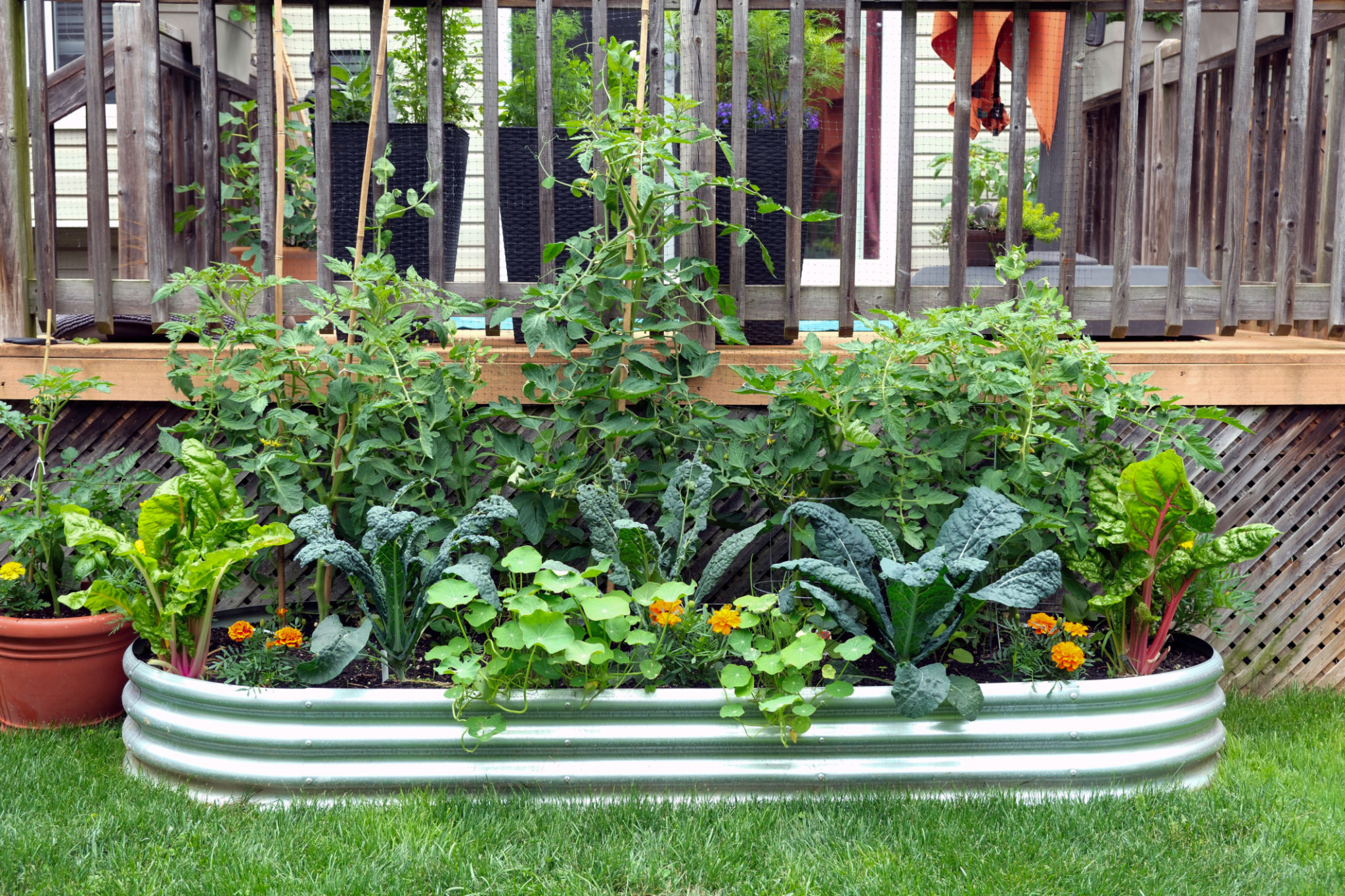What Can I Grow in an Edible Garden? A Beginner's Guide
Getting Started with Your Edible Garden
Starting an edible garden is a rewarding endeavor that combines the joys of gardening with the satisfaction of producing your own food. For beginners, choosing what to grow can seem daunting, but with a bit of planning and care, you can cultivate a thriving garden that meets your needs.

Before you start planting, consider your local climate, soil conditions, and the space you have available. These factors will greatly influence what you can grow successfully. Most importantly, choose plants that you and your family will enjoy eating.
Easy-to-Grow Vegetables
For beginners, it's best to start with vegetables that are easy to grow and maintain. Some beginner-friendly choices include:
- Lettuce: A fast-growing leafy vegetable that can be harvested multiple times.
- Radishes: Quick to mature and perfect for small spaces.
- Carrots: With proper soil conditions, they are a delightful addition to any garden.
- Tomatoes: Require more care but are very rewarding with juicy fruits.
These vegetables not only thrive in a variety of conditions but also provide a continuous harvest throughout their growing seasons.

Fruit Options for Your Garden
If you're interested in growing fruits, there are several options suitable for beginners. Consider planting:
- Strawberries: These are hardy and can be grown in pots or garden beds.
- Blueberries: Require acidic soil but are otherwise low-maintenance.
- Raspberries: These need some space but yield delicious fruit year after year.
With the right care, these fruits can provide a sweet treat from your own backyard.
Herbs for Flavor and Fragrance
Herbs are an excellent choice for an edible garden because they are easy to grow and can enhance your cooking with fresh flavors. Popular choices include:
- Basil: Perfect for sauces, salads, and more.
- Mint: Grows vigorously and adds a refreshing taste to drinks and dishes.
- Cilantro: Ideal for salsas and garnishes.

Herbs can be grown in small pots or directly in the ground, making them versatile for any garden size.
Caring for Your Edible Garden
Once you've selected what to grow, it's important to pay attention to watering, sunlight, and pest management. Most edible plants require consistent watering and at least six hours of sunlight per day. Using organic pest control methods can help maintain a healthy garden without harmful chemicals.
Your journey as a gardener will be filled with learning experiences. Pay attention to what works best in your environment, and don't be afraid to try new plants each season. Soon enough, you'll have an abundant edible garden that not only provides fresh produce but also a sense of accomplishment.